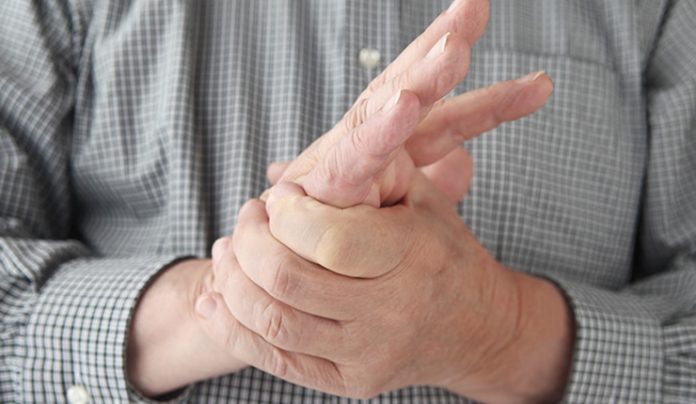
Infections can be viral, bacterial, or fungal in origin. InfectionsĪn infection occurs when disease-causing organisms invade your body. These symptoms may also occur in people without any gastrointestinal symptoms. Some people with celiac disease can have symptoms of neuropathy, including tingling in the hands and feet. When a person with celiac disease ingests gluten, an autoimmune reaction occurs. Celiac diseaseĬeliac disease is an autoimmune condition that affects the small intestine. Tingling in the hands or feet can be caused by nearby nerves becoming compressed due to inflammation or swelling from lupus. It can affect any part of the body, including the nervous system. Lupus is an autoimmune condition in which your immune system attacks the tissues of the body. This can lead to nerve damage.įeeling numbness or tingling in the arms, legs, and face is a common symptom of MS. Multiple sclerosis (MS) is an autoimmune condition in which the immune system attacks the protective covering of your nerves, called myelin. The inflammation from the condition can place pressure on nerves, leading to tingling. It often occurs in the wrists and hands, but can also affect other parts of the body, including the ankles and feet. Rheumatoid arthritis is an autoimmune condition that causes swelling and pain in the joints. An autoimmune disorder is when your immune system attacks the cells of your body by mistake. Normally, your immune system protects your body from foreign invaders.

Sources of folate, also known as vitamin B9, include dark leafy greens, whole grains, beans, peanuts, sunflower seeds, liver, and seafood. A 2019 study found that this may have a greater effect on people under age 40. Nuts, seeds, vegetable oils, and leafy greens are good sources of vitamin E.įolate deficiency can cause pain or tingling in the hands and feet.

Signs of a vitamin E deficiency include tingling in hands or feet and difficulty with coordination. Vitamin E deficiency is more likely to be caused by problems absorbing fat in the gut than a lack of vitamin E in your diet. It can cause pain or tingling in the hands and feet. People with diets high in refined grains may be more likely to experience B1 deficiency. Meat, legumes, whole grains, and nuts are good sources of B1. Vitamin B1, also known as thiamine, plays a role in nerve impulses and neuron repair. People with a deficiency of B6 may experience a rash or cognitive changes. Meat, fish, nuts, legumes, grains, noncitrus fruits, and potatoes are good sources of B6. You need to consume vitamin B6 every day because it cannot be stored in the body. A shortage of B12 in the diet can cause neurological damage, which may appear as tingling in your hands or feet. Vegans and vegetarians may need to supplement B12. It is found in animal products like meat, dairy, and eggs. Vitamin B12 is necessary for cells to produce energy.


 0 kommentar(er)
0 kommentar(er)
